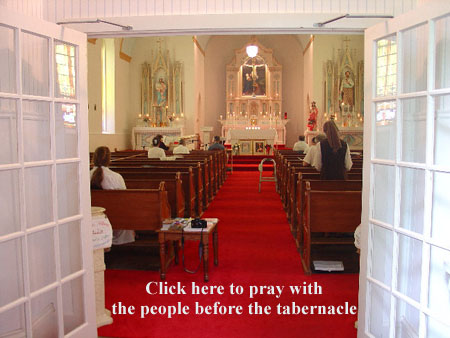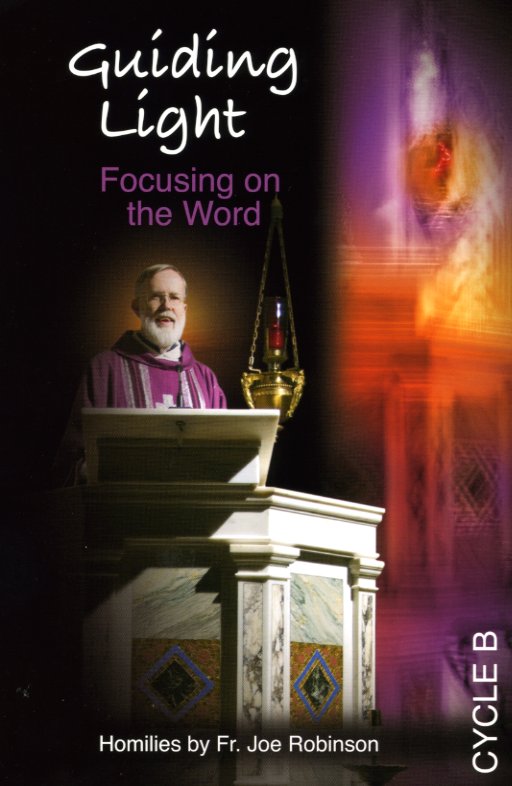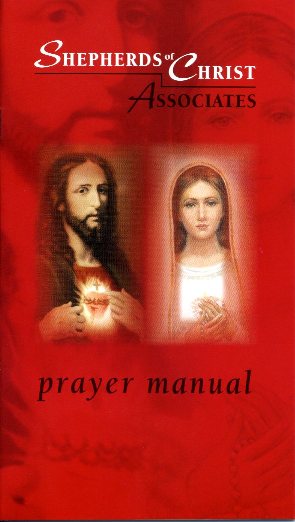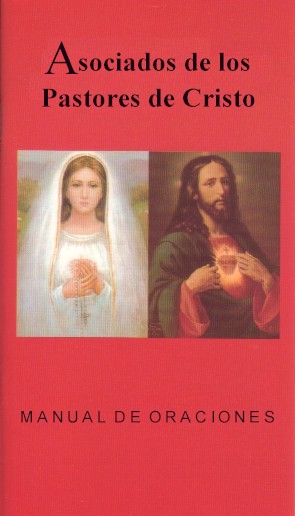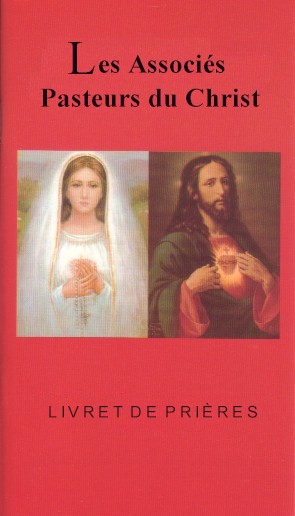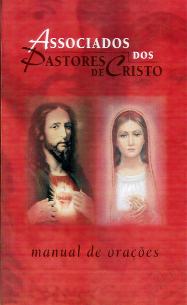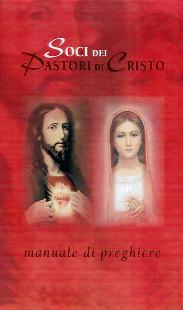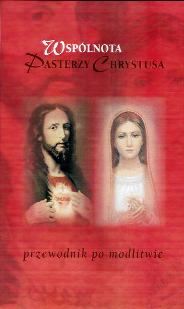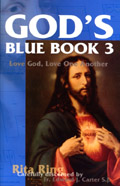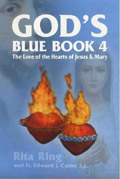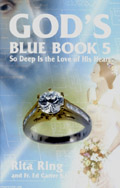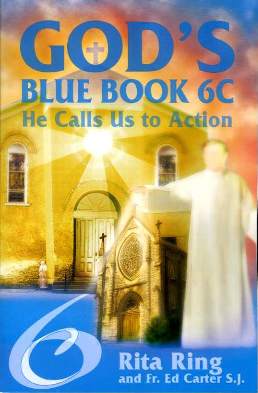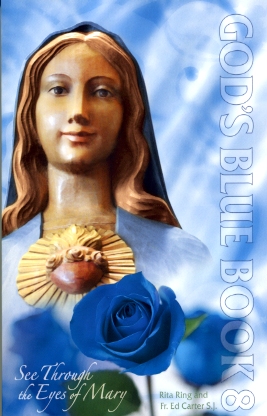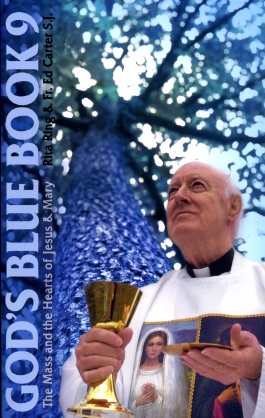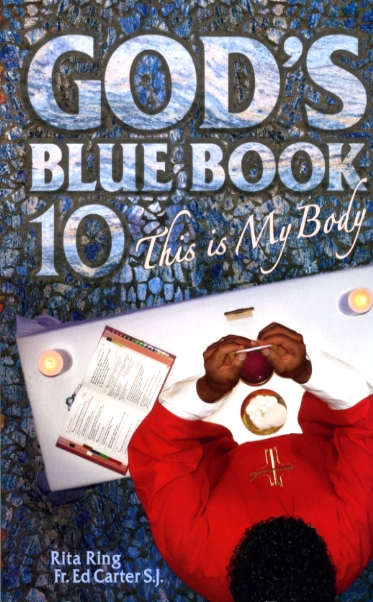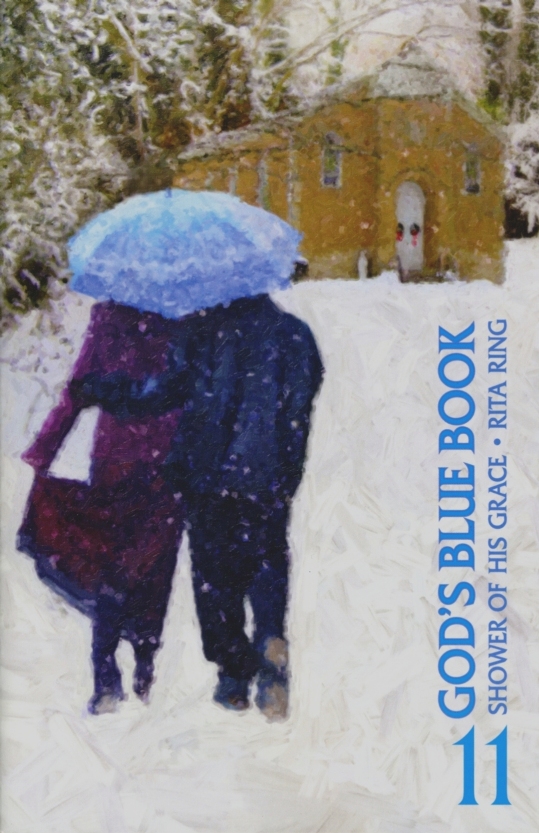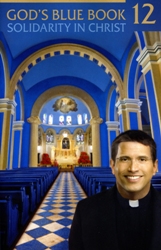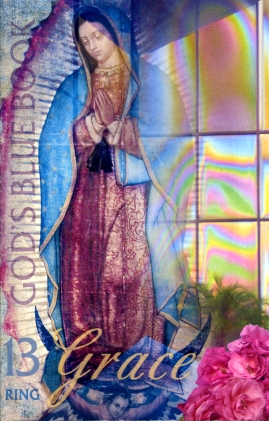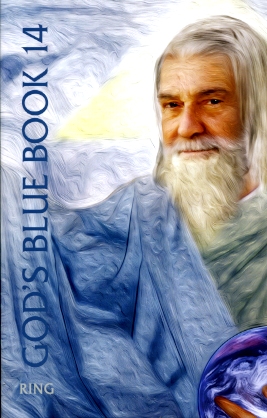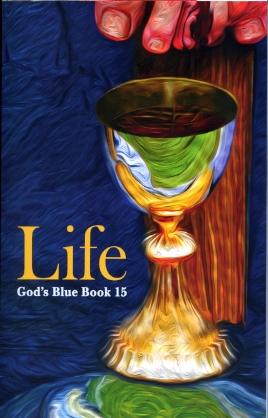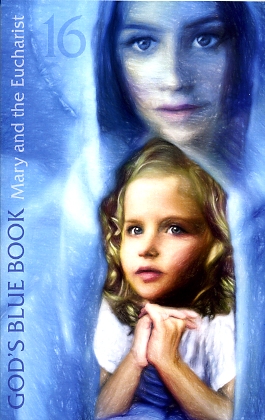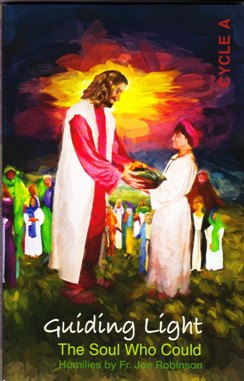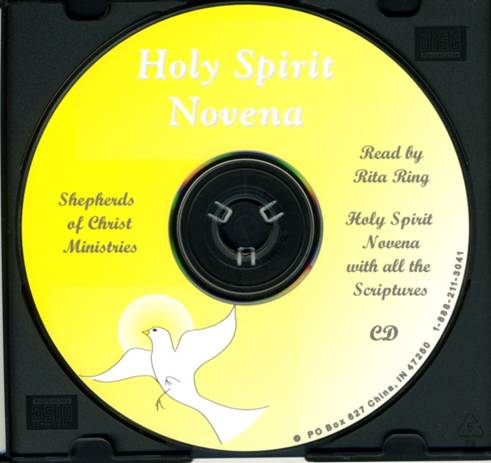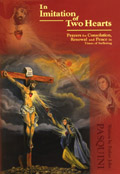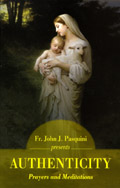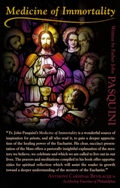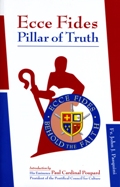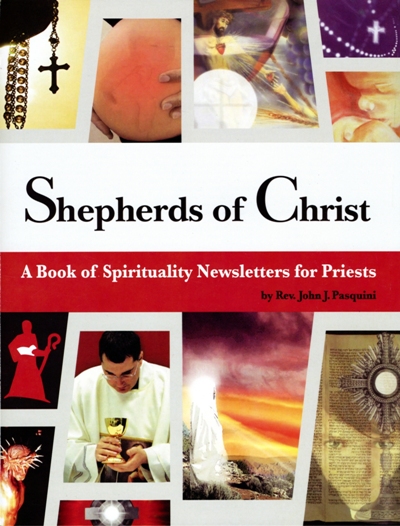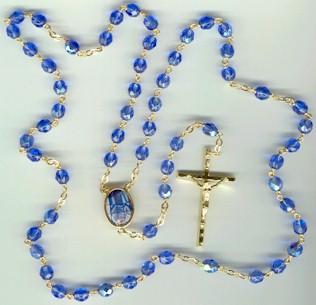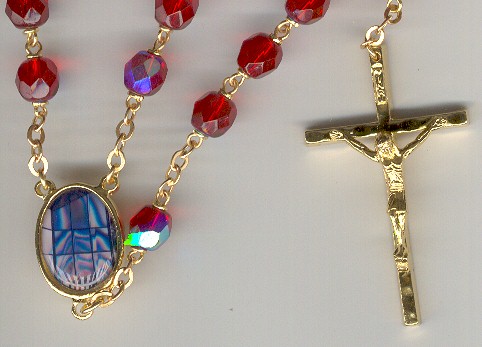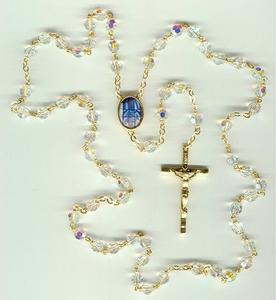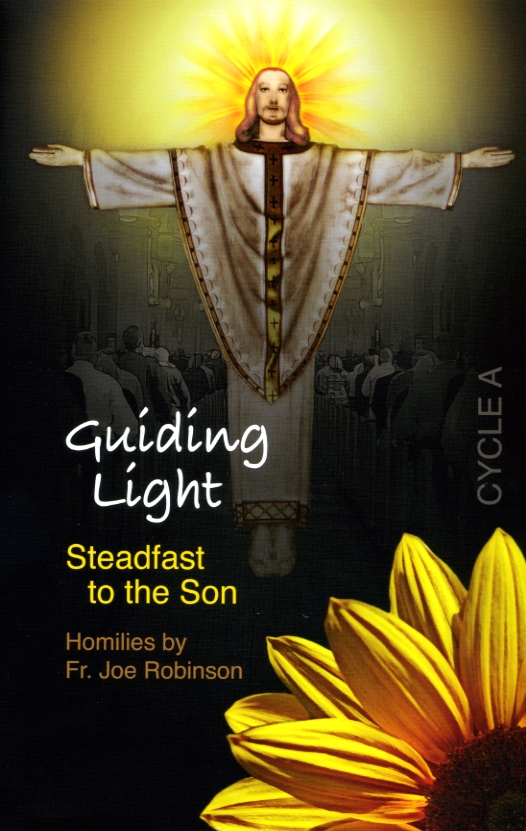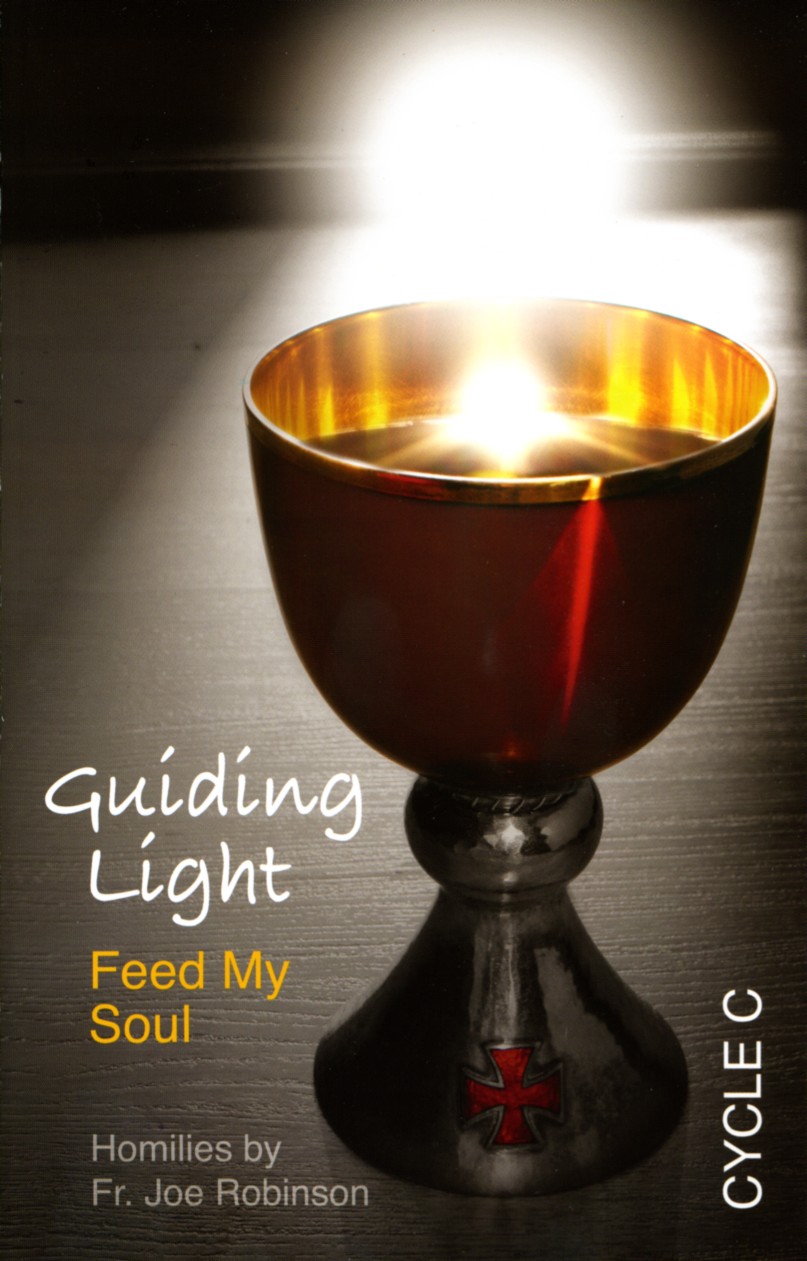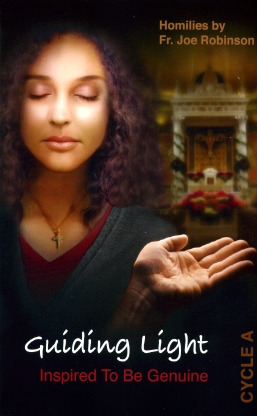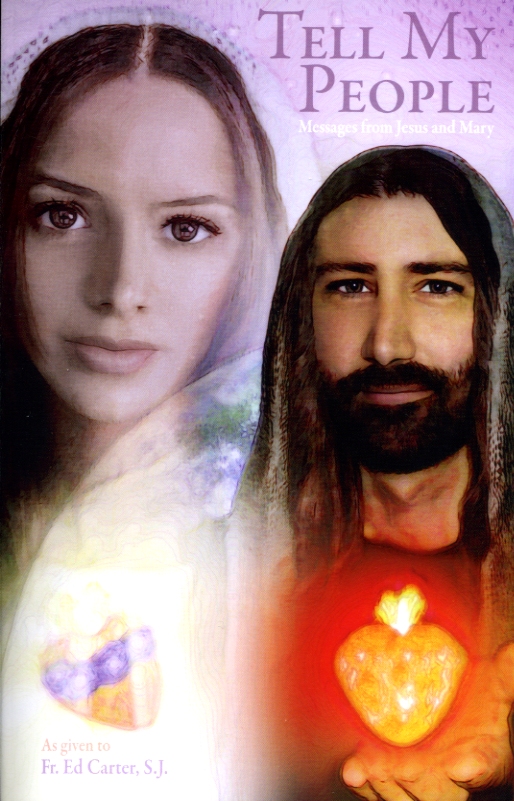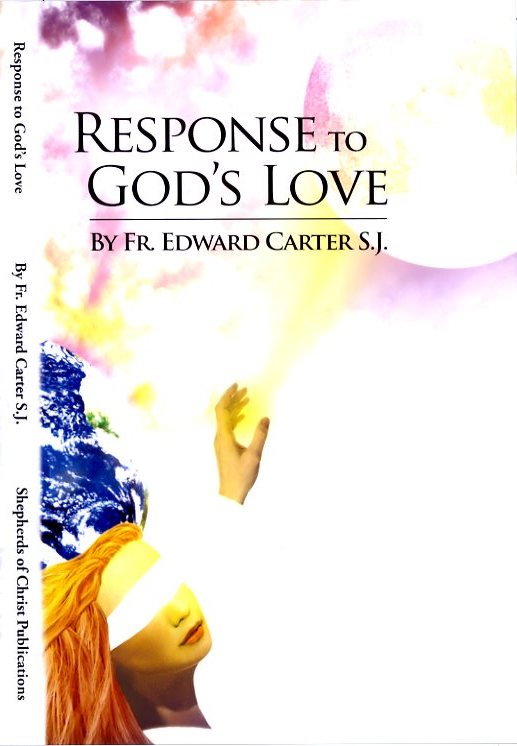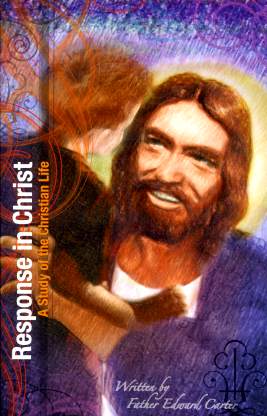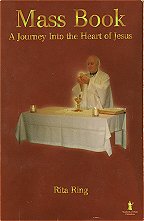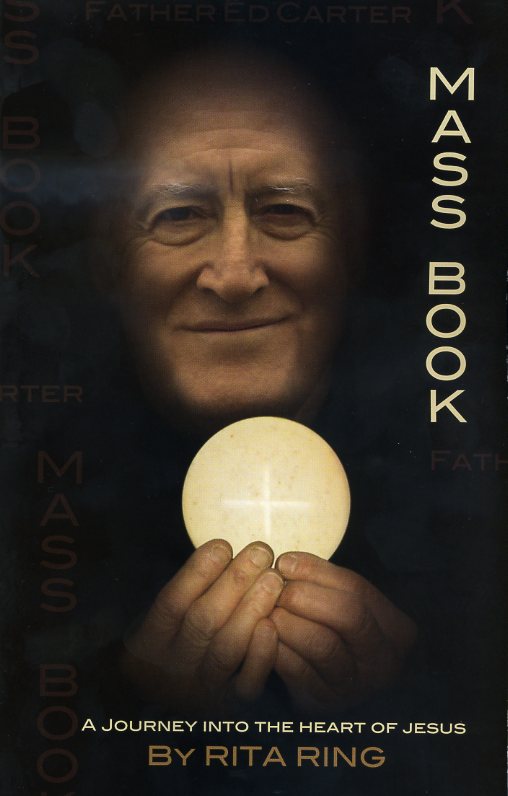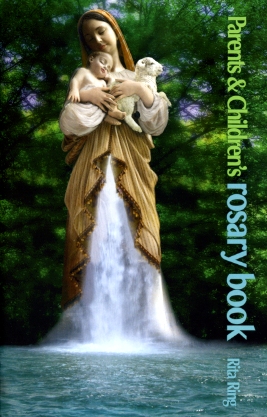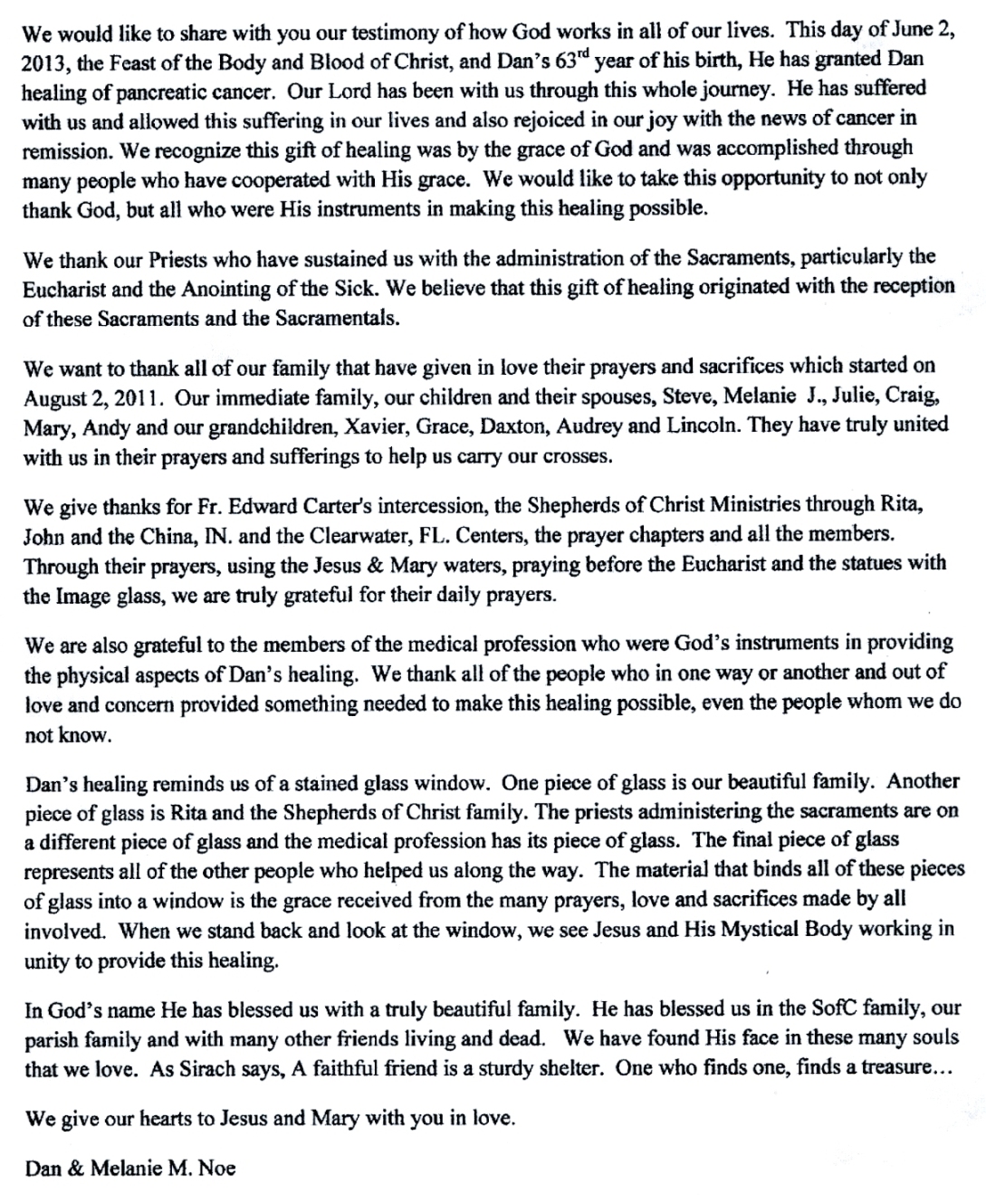The whole assembly
then rose, and they
brought him before
Pilate.
They began their
accusation by
saying, 'We found
this
man
inciting our people
to revolt, opposing
payment of the
tribute to Caesar,
and claiming to be
Christ, a king.'
Pilate put to him
this question, 'Are
you the king of the
Jews?' He replied,
'It is you who say
it.' Pilate then
said to the chief
priests and the
crowd, 'I find no
case against this
man.' But they
persisted, 'He is
inflaming the people
with his teaching
all over Judaea and
all the way from
Galilee, where he
started, down to
here.' When Pilate
heard this, he asked
if the
man were
a Galilean; and
finding that he came
under Herod's
jurisdiction, he
passed him over to
Herod, who was also
in
Jerusalem
at that time.
Herod was delighted
to see Jesus; he had
heard about him and
had been wanting for
a long
time to
set eyes on him;
moreover, he was
hoping to see some
miracle
worked by him. So he
questioned him at
some length, but
without getting any
reply. Meanwhile the
chief priests and
the
scribes
were there,
vigorously pressing
their accusations.
Then Herod, together
with his guards,
treated him with
contempt and made
fun of him; he put a
rich cloak on him
and sent him back to
Pilate. And though
Herod and
Pilate had been
enemies before, they
were reconciled that
same day.
Pilate then summoned
the chief priests
and the leading men
and the people. He
said to them, 'You
brought this
man
before me as a
popular agitator.
Now I have gone into
the
matter
myself in your
presence and found
no grounds in the
man for
any of the charges
you bring against
him. Nor has
Herod
either, since he has
sent him back to us.
As you can see, the
man has
done nothing that
deserves death, so I
shall have him
flogged and then let
him go.' But as one
man they
howled, 'Away with
him! Give us
Barabbas!' (This
man had
been thrown into
prison because of a
riot in the city and
murder.)
In his desire to set
Jesus
free, Pilate
addressed them
again, but they
shouted back,
'Crucify him!
Crucify him!' And
for the third
time he
spoke to them, 'But
what harm has this
man done?
I have found no case
against him that
deserves death, so I
shall have him
flogged and then let
him go.' But they
kept on shouting at
the top of their
voices, demanding
that he should be
crucified. And their
shouts kept growing
louder.
Pilate then gave his
verdict: their
demand was to be
granted. He released
the
man they
asked for, who had
been imprisoned
because of rioting
and murder, and
handed
Jesus
over to them to deal
with as they
pleased.
As they were leading
him away they seized
on a man, Simon from
Cyrene, who was
coming in from the
country, and made
him shoulder the
cross and carry it
behind Jesus. Large
numbers
of people followed
him, and women too,
who mourned and
lamented for him.
But
Jesus
turned to them and
said, 'Daughters of
Jerusalem, do not
weep for me; weep
rather for
yourselves and for
your children. For
look, the days are
surely coming when
people
will say,
"Blessed are those
who are barren, the
wombs that have
never borne
children, the
breasts that have
never suckled!" Then
they
will
begin to say to the
mountains, "Fall on
us!"; to the hills,
"Cover us!" For if
this is what is done
to green wood, what
will be
done when the wood
is dry?'
Now they were also
leading out two
others, criminals,
to be executed with
him.
When they reached the place called The Skull, there they crucified him and the two criminals, one on his right, the other on his left. Jesus said, 'Father, forgive them; they do not know what they are doing.' Then they cast lots to share out his clothing.
The people stayed there watching. As for the leaders, they jeered at him with the words, 'He saved others, let him save himself if he is the Christ of God, the Chosen One.' The soldiers mocked him too, coming up to him, offering him vinegar, and saying, 'If you are the king of the Jews, save yourself.' Above him there was an inscription: 'This is the King of the Jews'.
One of the criminals hanging there abused him: 'Are you not the Christ? Save yourself and us as well.' But the other spoke up and rebuked him. 'Have you no fear of God at all?' he said. 'You got the same sentence as he did, but in our case we deserved it: we are paying for what we did. But this man has done nothing wrong.' Then he said, 'Jesus, remember me when you come into your kingdom.' He answered him, 'In truth I tell you, today you will be with me in paradise.'
It was now about the sixth hour and the sun's light failed, so that darkness came over the whole land until the ninth hour. The veil of the Sanctuary was torn right down the middle. Jesus cried out in a loud voice saying, 'Father, into your hands I commit my spirit.' With these words he breathed his last.
When the centurion saw what had taken place, he gave praise to God and said, 'Truly, this was an upright man.' And when all the crowds who had gathered for the spectacle saw what had happened, they went home beating their breasts.
All his friends stood at a distance; so also did the women who had accompanied him from Galilee and saw all this happen.
And now a member of the Council arrived, a good and upright man named Joseph. He had not consented to what the others had planned and carried out. He came from Arimathaea, a Jewish town, and he lived in the hope of seeing the kingdom of God.
This man went to Pilate and asked for the body of Jesus. He then took it down, wrapped it in a shroud and put it in a tomb which was hewn in stone and which had never held a body. It was Preparation day and the Sabbath was beginning to grow light.
